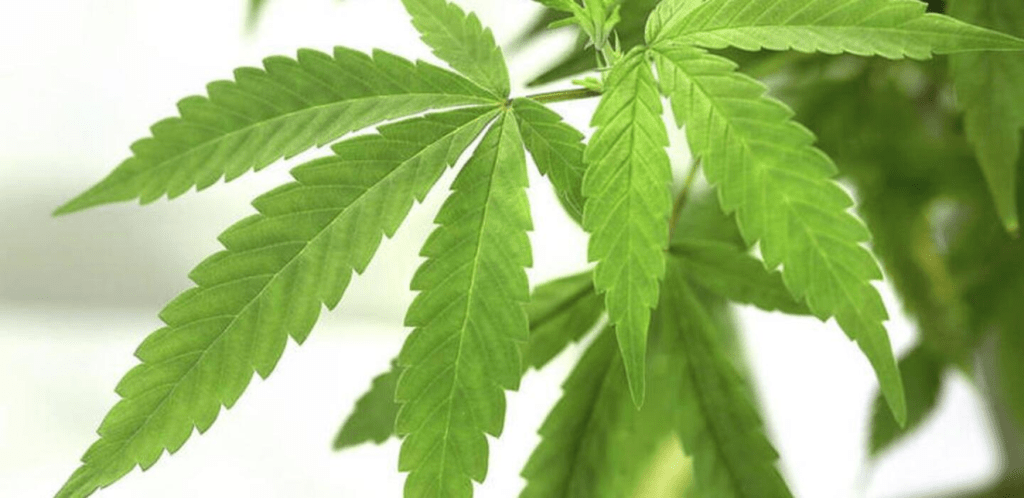According to a new study published in the journal Traffic Injury Prevention, marijuana legalization in Washington State “led to fewer fatal, serious, and minor injury collisions.”

The study also found “no statistically significant impact of cannabis sales on serious injury/fatal crashes” following the opening of marijuana retail outlets, although the study did find a correlation between marijuana sales and a “small increase in less severe crashes”.
As noted by the study’s abstract, Washington State was among the first states in the US to legalize recreational consumption and retail sales of marijuana. Recreational use of cannabis was legalized December 6, 2012, following the passage of Initiative 502. Roughly 19 months later the first retail cannabis stores opened their doors for public sales (“commercialization”). For the study researchers “measure the impact of cannabis legalization and commercialization on traffic collisions in Washington State.”
With county-level vehicle crash data from the Washington State Department of Transportation collected monthly, researchers utilized “an interrupted time-series framework with Poisson estimation to compare traffic collisions with recreational retail cannabis sales revenue from 2011 (three years pre-commercialization) through 2017 (three years post-commercialization).”
First, they measured the shift in collisions brought about by Washington’s 2012 cannabis legalization. Then, they compared retail cannabis sales-a measure of commercialization-to traffic collisions based on severity of injury (fatal, severe injury, minor injury, non-injury, and all).
“After controlling for confounding factors, evidence suggests that recreational cannabis legalization led to fewer fatal and serious injury collisions”, states the study. “Retail cannabis sales generally correlate with more traffic collisions, particularly for less severe (minor injury) crashes. These findings are robust to the inclusion of additional control variables pertaining to county-level cannabis usage and driving behavior while intoxicated.”
The study concludes:
Cannabis legalization led to fewer fatal, serious, and minor injury collisions. Commercialization (cannabis sales) correlated with an increase in less severe crashes. Although cannabis use generally increased in Washington State following legalization/commercialization, survey data suggest that driving behavior while under the influence of cannabis did not change significantly over the post-commercialization period. Future research should focus on measuring the dose-dependent impact of cannabis consumption on traffic collisions. This should include recognition of the importance of cannabis dosing, timing, and route of consumption. Lastly, the dangers of poly-drug driving-particularly cannabis and alcohol-are well established and should be high priority for further research.







